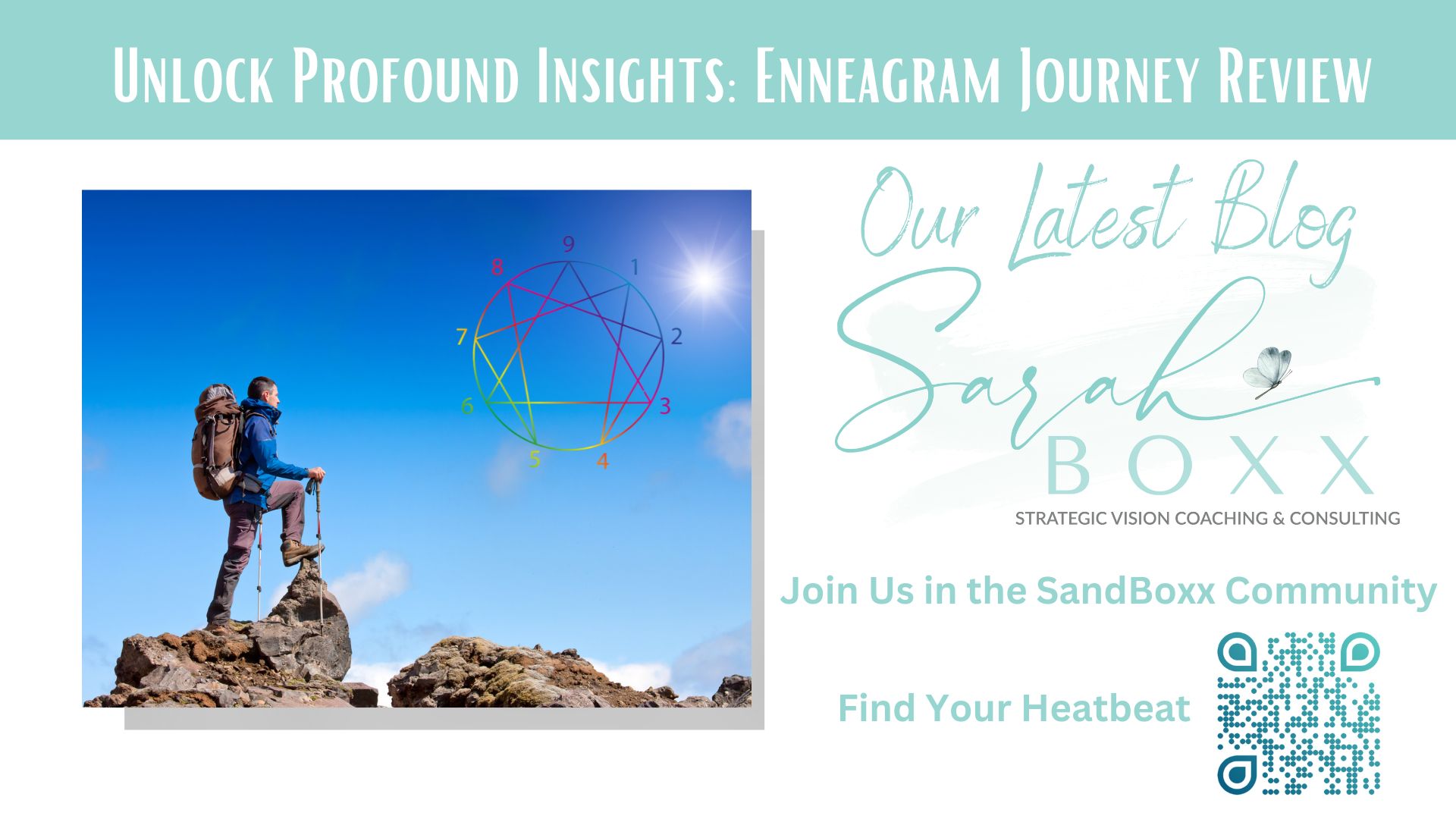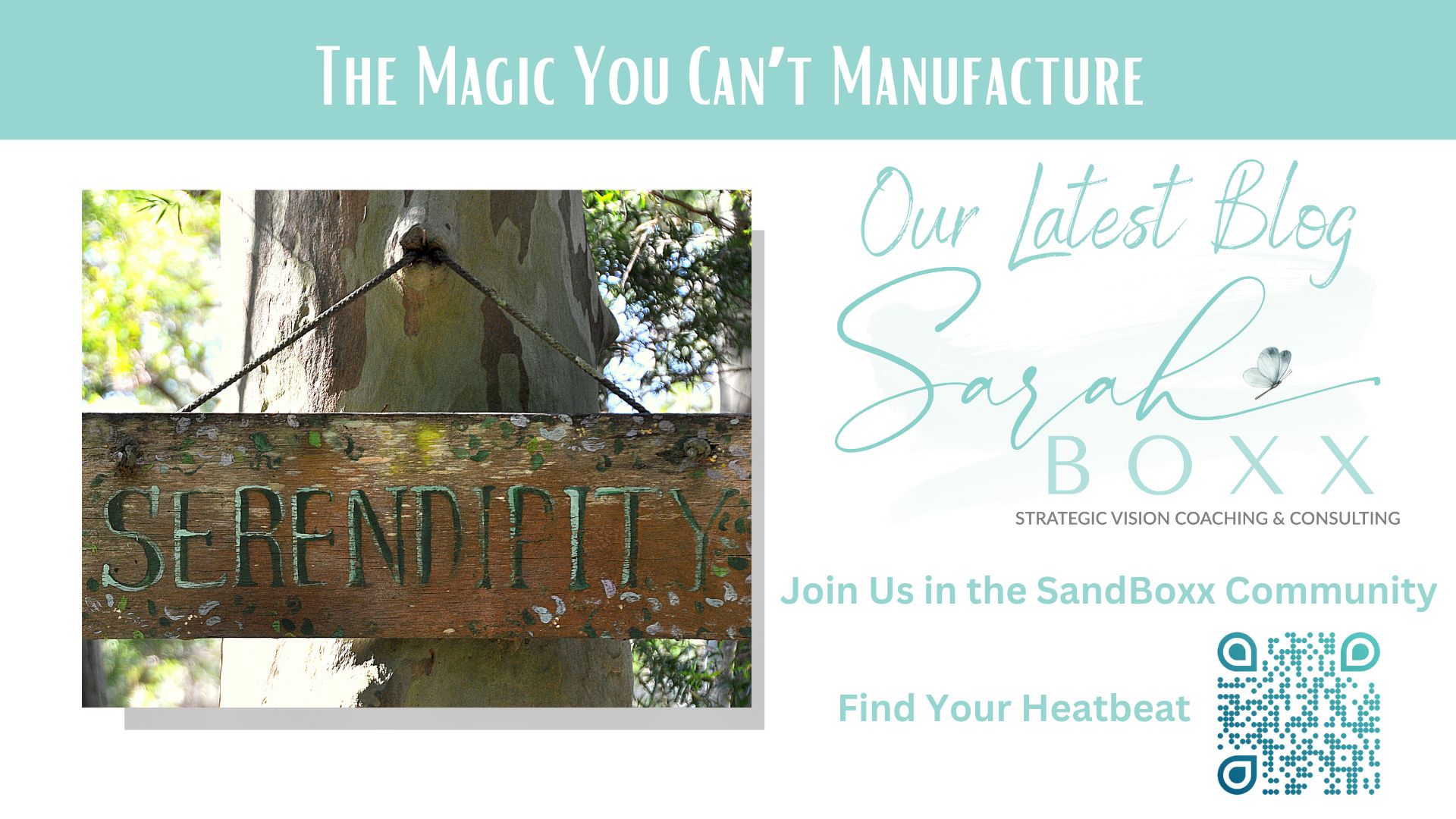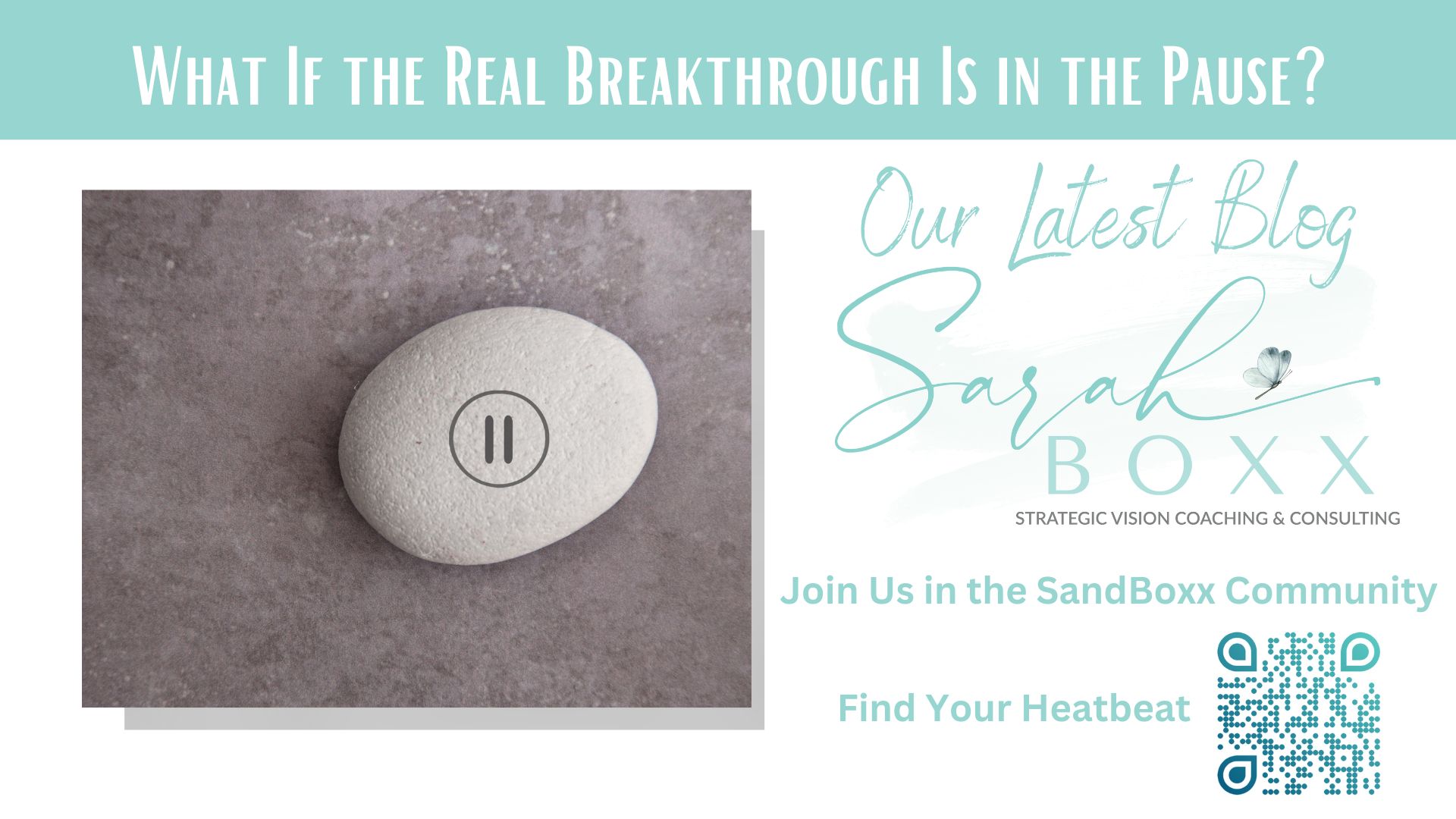We all know the Enneagram is a powerful tool for personal growth, but what happens when we take our reflections a step further and share them with others? Whether it’s friends, family, or colleagues, reflecting on your Enneagram journey together can deepen both your understanding of yourself and your relationships.
Why Reflect Together?
When we embark on any personal growth journey, it’s easy to get caught up in our own experience.
But what if the real magic happens when we invite others into the process?
Honest conversations about how your Enneagram type shows up in your interactions can strengthen bonds and bring new insights that you might miss when reflecting alone. It’s about seeing how your growth affects others and how their perspectives can help you grow.
Let’s quickly review a few highlights from September’s blog, where we discussed how the triads respond to change. Then, we’ll explore an example of how our instinctual subtypes can come into play.
How the Enneagram Triads—body, heart, and mind—respond to change.
Our triads don’t just shape how we react internally; they also influence how we relate to others. For example, if you’re in the Heart Triad (Types 2, 3, and 4), your natural response to emotional challenges may impact the way you connect with friends or family, as you tend to focus on emotions and seek validation in relationships. In the Head Triad (Types 5, 6, and 7), your response to change and uncertainty is often driven by fear or anxiety, which can influence how you communicate or seek reassurance from others. And if you’re in the Body/Gut Triad (Types 8, 9, and 1), you may react to stress through instinctive, gut-driven responses, which can affect how you assert boundaries or maintain control in your relationships.
Now, let’s look at how three people with the same number (6-The Loyalist) but different instinctual subtypes might perceive change very differently.
- Self-Preservation Type 6
- Focus: Personal safety, security, and physical well-being.
- Perception of Change: This subtype is most likely to view change with caution and concern. They may feel anxious about how the change might disrupt their stability and security. For them, change is something to be prepared for or avoided, and they might focus on practical details to ensure their safety.
- Example: If faced with a job relocation, a Self-Preservation 6 would immediately focus on how it affects their finances, housing, and daily routine. They might feel unsettled until they’ve created a detailed plan for managing the transition and ensuring everything is stable.
- Social Type 6
- Focus: Group belonging, social order, and community safety.
- Perception of Change: The Social 6 tends to approach change by considering how it impacts their social circles or the larger community. They seek reassurance from others and may either support or resist change depending on how it affects the group’s stability.
- Example: When a workplace introduces new leadership, a Social 6 may be less focused on personal impact and more concerned about how the change affects team dynamics. They’ll likely seek input from colleagues to gauge how everyone feels and will try to establish a sense of shared security.
- Sexual (One-to-One) Type 6
- Focus: Intense connections and interpersonal relationships.
- Perception of Change: The Sexual 6 tends to be more reactive to change but looks at it through the lens of how it affects close relationships or personal power dynamics. They may feel more courageous in the face of change if they feel supported by a trusted partner or ally.
- Example: When faced with a relationship shift, such as a partner moving for a job, the Sexual 6 may experience fear of losing intimacy or connection but could also be the most willing to take a risk if they feel the relationship will grow stronger as a result of the change.
Even though these are all Type 6s, their instinctual subtype shapes the way they perceive and handle change—whether through a lens of personal security, social belonging, or deep interpersonal connection.
Shared Reflection: How To Invite Others In
One of the most impactful ways to reflect is to bring loved ones or trusted colleagues into the conversation. Share your experiences and encourage others to do the same. This kind of dialogue can offer new perspectives on how your Enneagram type shows up in your relationships, whether it’s in moments of stress, joy, or everyday interactions. And yes, it may be a little uncomfortable at first—but that’s where the growth happens!
Here are two questions to help you get started:
- How do you typically respond to change or uncertainty [at work or home], and what do you notice about how this affects your relationships with others? This question invites participants to reflect on their own natural responses, driven by their Enneagram type and instinctual subtype, and explore how those reactions influence the way they relate to people around them.
- When you’re feeling stressed or overwhelmed, do you tend to focus on practical solutions, seek support from others, or rely on close personal connections? How does this approach shape your ability to trust and collaborate with those around you [at work or home]? This question encourages participants to think about their instinctual coping mechanisms and how those instincts affect their interactions and relationships, whether through action, social dynamics, or personal intimacy.
Vulnerability in Connection-Be Aware
Remember that while sharing these vulnerable parts of yourself with others can foster deeper connections, it can also be scary.
When we allow ourselves to be truly seen, flaws and all, we create space for genuine relationships to flourish. It’s through this vulnerability that we become more relatable and more human.
That’s why it’s important to share with those who you trust, value and know have your best interests at heart.
Keep Working On Yourself While Staying Connected To Those Around You
The Enneagram is a helpful tool here. By understanding how your type influences your behavior, you can work on balancing your personal growth with your relationships. For example, if you know you tend to withdraw under stress (hello, Type 5s!), you can consciously check in with loved ones to ensure you’re not isolating yourself. It’s about growing internally while staying present with those around you.
Whether you reflect solo or invite others into the process, reviewing your Enneagram journey is an ongoing practice. By exploring how your growth impacts those around you, you can build stronger, more authentic relationships and continue your personal development. So, who will you invite into your reflection journey?
What are your thoughts on reflecting with others? Have you tried it? Let me know in the comments below, or share your experience in your own Enneagram journey!
Want to go deeper?
Suggested Reading: More Than Your Number by Beth and Jeff McCord
If this idea of reflecting with others resonates with you, a great companion to this process is the book More Than Your Number by Beth and Jeff McCord. The book explores the complexities of the Enneagram—wings, stress paths, and growth paths—and how they shape not just your internal world but your relationships, too. It’s packed with reflection exercises and prompts, making it a perfect fit for anyone looking to deepen their self-understanding and interpersonal connections. Check out the book here.
Suggested Podcast:
Learn more about the Instincts and Subtypes on this episode of the Typology podcast with Ian Morgan Cron and Aaron Niequist. Best of Season 2: Instincts and Subtypes with Aaron Niequiest [S03-002]
Two options for deeper learning and growth as we move into 2025.
Option 1: Future Group Session for Individuals
Curious About Your Enneagram Type?
Whether you’re just beginning your Enneagram journey or you’re wondering if you’ve been mistyped, now’s the perfect time to gain clarity! Join me in an upcoming group session where we’ll dive into the Enneagram, explore how various aspects influence your life, and help you zero in on your number. This session is open to individuals who are eager to learn in a supportive community setting.
Ready to explore your type?
Click here to sign up for the next group session!
“You Are Your Best Typing Specialist”
(November 12th 1:00 pm Pacific) for beginners or those who think they might be mistyped.
Option 2: Private Session for Organizations
Want to Bring the Power of the Enneagram to Your Team?
If you’re part of an organization or team with 8-10 people who want to learn more about their Enneagram types and how they influence their actions and teamwork, I’m offering a private, customized session just for you!
We’ll explore each type, identify strengths and growth areas, and help you narrow in on your specific type as you build better team dynamics. This session is designed to help teams improve collaboration, communication, and self-awareness—plus, it’s a great investment in your organization’s success.
Interested in scheduling a private team session?
Contact me to book an Enneagram session for your team!





